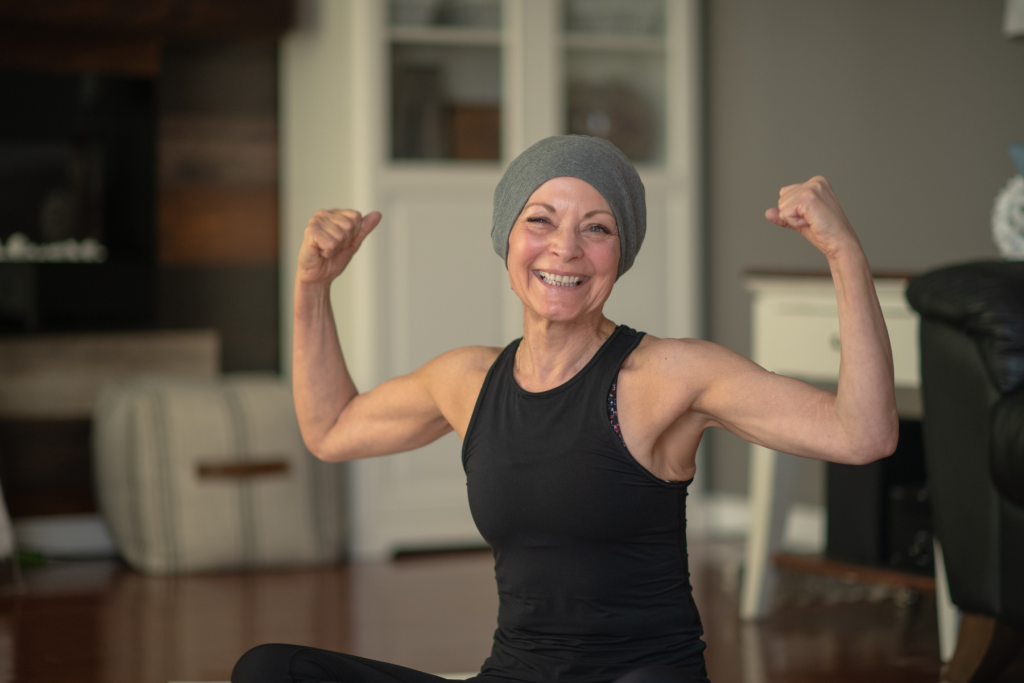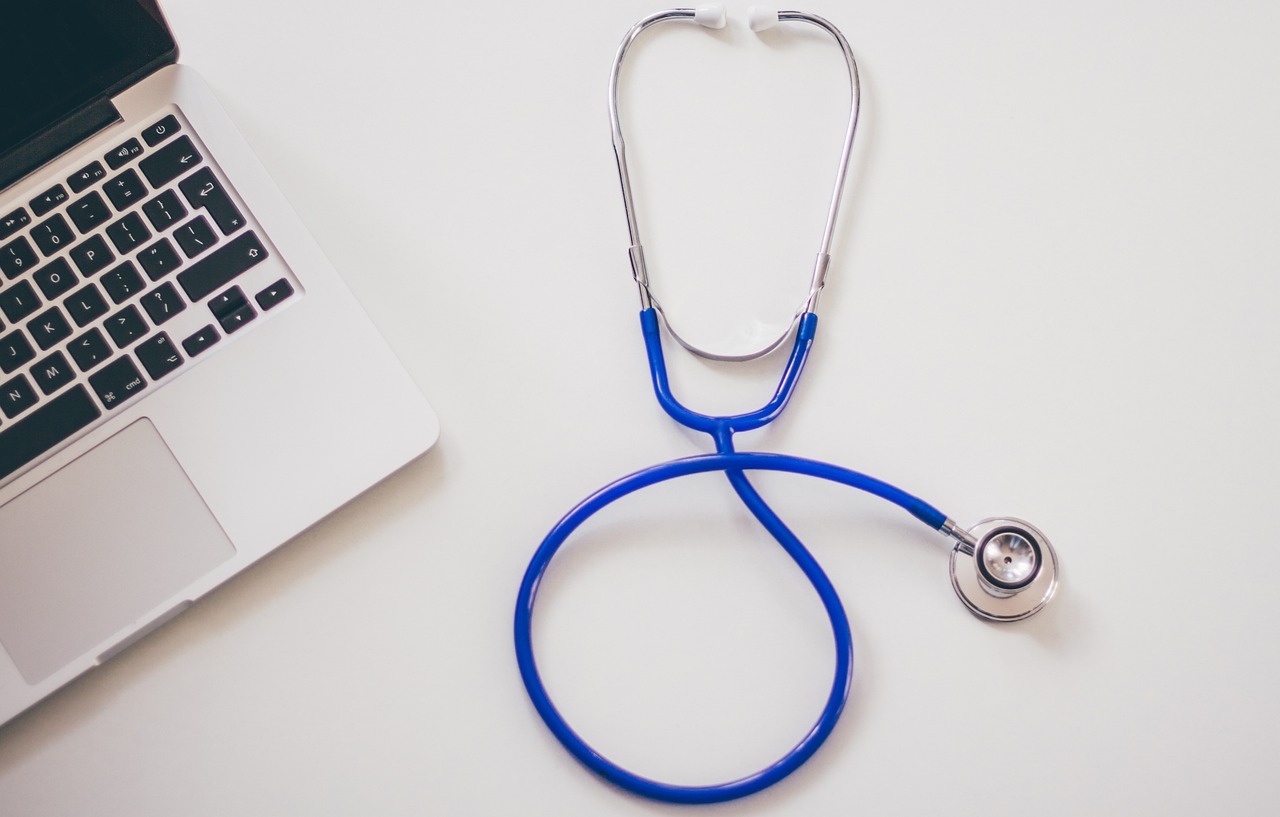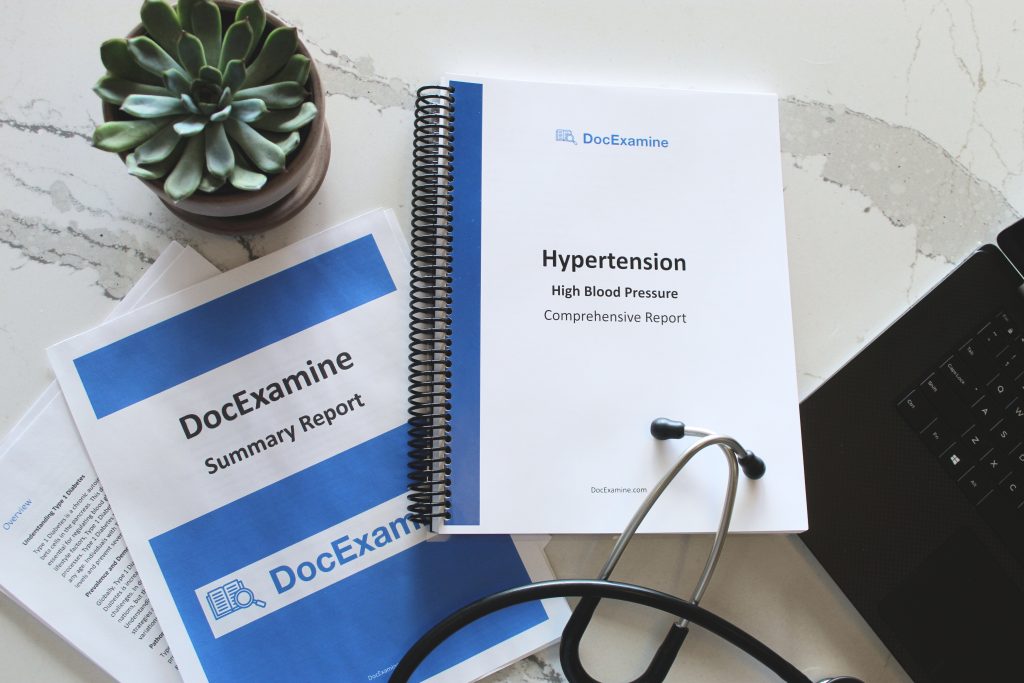
Breast cancer is a journey that touches every facet of life. While the physical battles are often at the forefront, the emotional and psychological journey can be just as challenging—and just as transformative. Today, we dive deep into the inner landscape of recovery, exploring the complexities of self-image, mental well-being, and the power of community support in the aftermath of a breast cancer diagnosis.
Embracing the Emotional Journey
After a diagnosis, many find themselves grappling with unexpected feelings of vulnerability and change. It’s not uncommon to face struggles with self-perception and personal identity as the body transforms. Navigating these changes can stir a mix of emotions: from anxiety and depression to an overwhelming sense of loss regarding one’s former self. Yet, these feelings also open the door to personal growth, resilience, and a renewed appreciation for one’s strength. Recognizing and validating these emotional responses is the first step toward a holistic healing process.

Strategies for Coping and Self-Care
A key aspect of recovery involves nurturing mental health just as diligently as physical health. Here are some coping strategies that have helped many on this journey:
- Mindfulness and Meditation: Embracing techniques like meditation can foster self-compassion and create a space for healing. Mindfulness practices encourage living in the moment and help ease the heavy weight of anxiety.
- Professional Counseling: Seeking help from therapists who specialize in cancer recovery can provide invaluable guidance. Therapy not only addresses deep-seated emotional issues but also offers practical tools for managing stress and reshaping self-image.
- Creative Outlets: Expressive activities such as journaling, painting, or even gentle physical exercise can transform raw emotions into constructive energy. These practices can become powerful outlets for processing complex feelings.
- Supportive Lifestyle Changes: Incorporating regular exercise, a balanced diet, and adequate rest can uplift mood and enhance overall well-being. Such changes contribute to a more positive self-image and bolster mental resilience.
The Role of Family and Community
Breast cancer doesn’t just affect the individual—it resonates through families and communities. Adjusting to a new normal can sometimes alter family dynamics, yet it also offers an opportunity for deeper connection and understanding. Open communication within families can reduce feelings of isolation and help create a support system where every member plays a role in the healing process. Recognizing that each person’s journey is unique fosters an environment of empathy and collective strength.

Finding Strength in Community Resources
One of the most empowering aspects of recovery is discovering that you’re not alone. Across the nation, numerous support groups and community resources are available to offer guidance, encouragement, and a sense of belonging. Whether it’s joining a local support group, engaging in online communities, or connecting with organizations that specialize in post-cancer care, these resources can be a lifeline. They offer not only practical advice but also an empathetic ear—proving that shared experiences can lead to profound healing.
Moving Forward with Resilience
Healing after breast cancer is more than a physical recovery—it’s an invitation to redefine oneself and embrace a journey of emotional resilience. With the right blend of self-care strategies, professional guidance, family support, and community engagement, it’s possible to navigate the intricacies of body image challenges and mental health with courage and hope. Every step forward, no matter how small, is a testament to the strength and spirit of those who rise above the challenges of breast cancer.

Learn More About Breast Cancer
- Spotting the Earliest Signs: Your Essential Guide to Breast Cancer Symptoms

- Innovations in Early Detection: How New Technologies Are Transforming Breast Cancer Screening

- Healing Beyond the Physical: Addressing Body Image and Mental Health After Breast Cancer

Resources
- American Cancer Society. “Breast Cancer Overview.” https://www.cancer.org/cancer/breast-cancer.html
- Susan G. Komen. “Support and Community Resources.” https://www.komen.org


